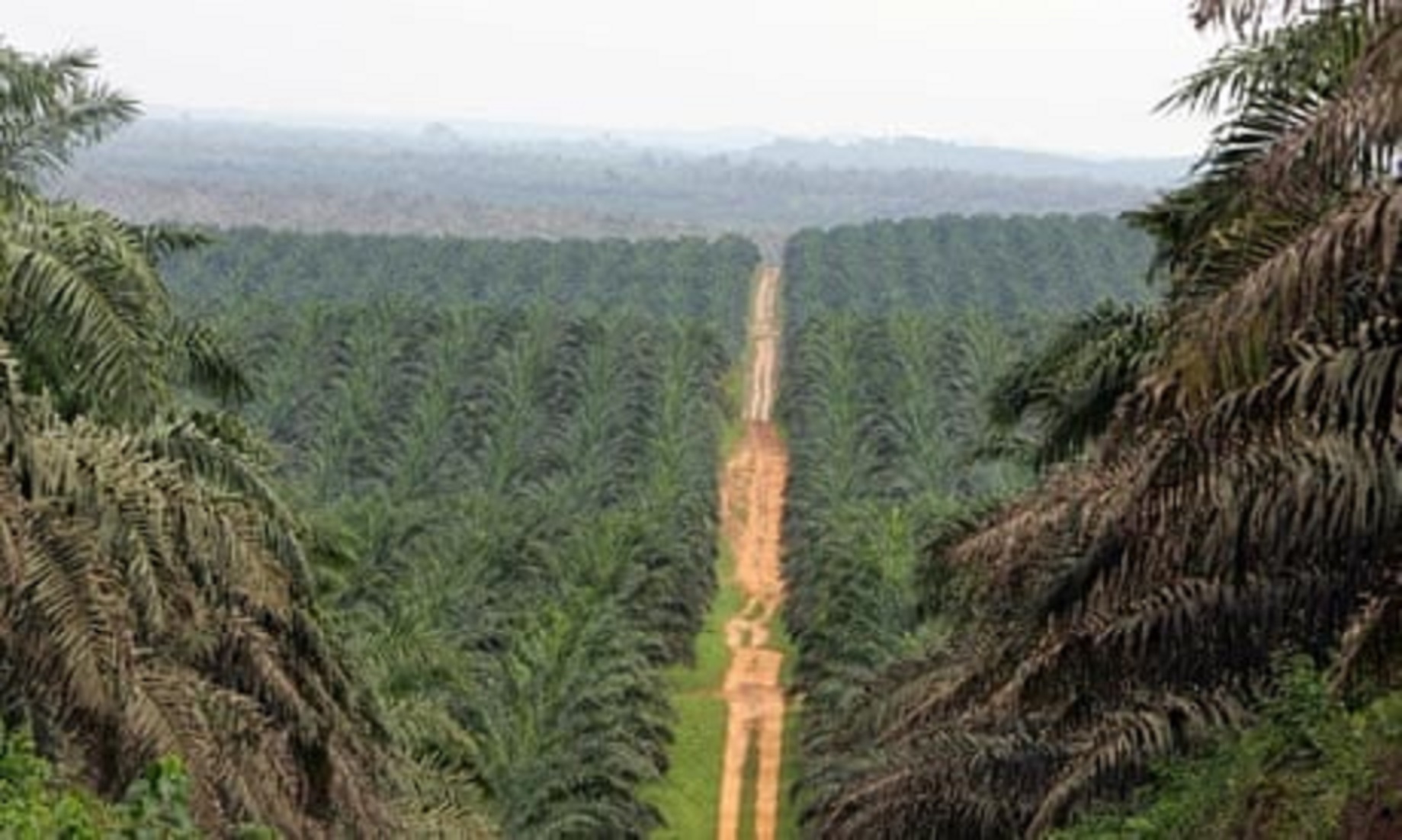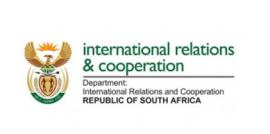JAKARTA, Feb 8 (NNN-ANTARA) – Indonesia and Malaysia, the world’s largest palm oil producers, accused the European Union of planning to increase the level of non-tariff barrier in palm oil trade.
After deciding that oil palm plantations caused excessive deforestation and should be excluded from raw materials used in bio fuel, the European Commission plans to impose a higher limit on level of contaminants for palm oil, which will leave consumers to consider that the quality of the commodity is worse than the other vegetable-based oils, Indonesian economic minister, said.
Indonesian Chief Economic Minister, Airlangga Hartarto, told a forum of the Council of Palm Oil Producing Countries (CPOPC), a group led by Indonesia and Malaysia, that the new higher limit for palm oil was unfair and would make the product harmful to health in a long term.
The EU insists on applying new limits for food contaminants in refined oils and fats, such as palm oil. But, the level of safety of contaminant of 3-monochloropropane (3-MCPD) for palm oil will be 2.5 ppm (parts-per million), higher than 1.25 ppm for other vegetable-based oil, such as soybean oil and canola oil, according to the minister.
The group of nations plan to apply the new limits next year, he said.
“The EU is stepping up a trade barrier. We oppose the EU’s plan. It is discriminative. We cannot let this happen,” he said at the forum in Jakarta.
The EU has also imposed its anti-subsidy tariffs on Indonesia’s palm oil-based biofuel exports. Indonesia filed a lawsuit to the WTO against the policy.
Southeast Asia’s largest economy is the world’s largest producer and exporter of crude palm oil.
Indonesia has about 12 million hectares of palm oil plantations across the vast-archipelago and exported the commodity with value of around 19 billion U.S. dollars last year, according to data from the Indonesian Palm Oil Grower Association.
Indonesia’s and Malaysia’s palm oil products account for about 80 percent of the world’s palm oil production.– NNN-ANTARA





